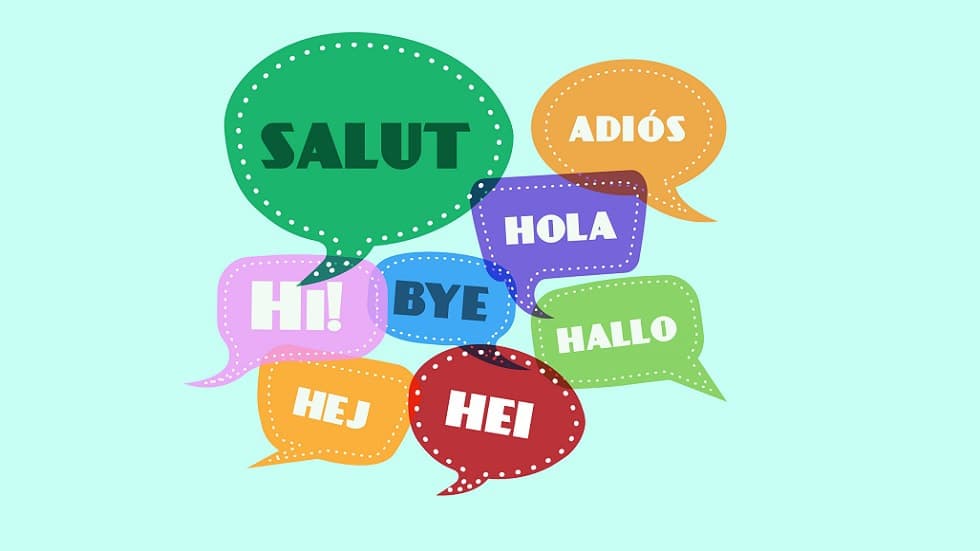Many mobile users have turned to popular apps such as Rosetta Stone, Babbel, and Duolingo to learn a second language. With the language learning applications becoming more convenient than ever before, researchers at Michigan State University (MSU) set out to determine how effective these apps are.
In a study, published in the journal Foreign Language Annals, MSU researchers examined 85 undergraduate students at their institution who utilized the app Babbel for three months, 10 minutes a day, to learn Spanish.
The participants took a pre-test to assess their proficiency before the start of their courses. The students then took another test again after the three-month time span to measure their proficiency in grammar and vocabulary.
As detailed in the findings, almost all of the participants who utilized the application experienced a significant improvement in their Spanish language proficiency, increasing their ability to communicate within three months.
The study shows that language learning apps are very effective for second language acquisition.
“Results showed that learners were able to develop grammar and vocabulary knowledge as well as oral communicative ability,” according to the findings.
“The amount of Babbel study time was the strongest predictor for all three measures, with motivation to learn Spanish also significantly predicting growth in oral communicative ability.”
Shawn Loewen, a co-author of the study, concluded in a news release: “These results establish that using Babbel can facilitate the development of oral communication skills and not just grammar and vocabulary acquisition, as a previous study had demonstrated.”


